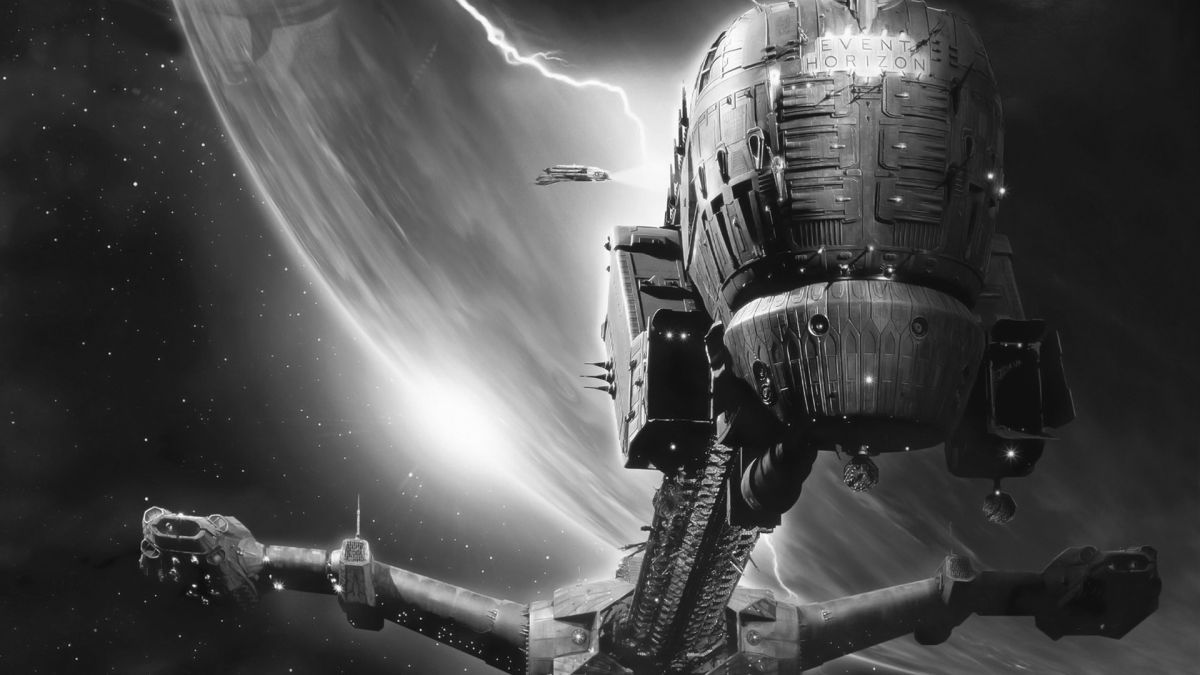The internet is a wild place, and if there’s one word that gets thrown around more than a hot potato, it’s “cringe.” We see it everywhere, describing everything from fashion fails to awkward social media posts. But what *exactly* does it mean to cringe? Is it just a fleeting feeling, or something deeper that makes us collectively squirm? We’ve all been there.
Well, according to the wise halls of Wikipedia – because, let’s be real, where else do you go when you need a quick definition? – “a cringe is an action or thing that brings out feelings of discomfort or embarrassment.” It’s that moment when you physically recoil, your shoulders hunching, a shiver running down your spine. Sometimes it’s for something *you* did in the past, a mortifying memory resurfacing. Other times, it’s a “secondhand or vicarious embarrassment,” where you feel it for someone else’s behavior or words. And trust us, movies are absolutely *full* of these moments.
We’ve all been there: totally engrossed in a blockbuster, leaning forward on the edge of our seats, when BAM! A line of dialogue hits you so wrong, it’s like a jump scare for your soul. It pulls you right out of the story, making you want to pause the TV, cover your ears, and maybe even question your entire life choices that led you to watch that film. Get ready to squirm, because we’ve gathered seven of the most infamously cringeworthy movie lines that still haunt our dreams, making us feel all the discomfort and vicarious embarrassment. Let’s dig into these cinematic “oops” moments that prove even the biggest films can have seriously awkward dialogue.

1. Anakin’s Sand Monologue (Star Wars: Episode II – Attack of the Clones)
“I don’t like sand. It’s coarse and rough and irritating and it gets everywhere. Not like here. Here everything is soft and smooth.” Oh, Anakin. Future Sith Lord, current master of the awkward pick-up line. This legendary declaration from *Star Wars: Episode II – Attack of the Clones* has gone down in cinematic history not as a moment of budding romance, but as a monument to how *not* to flirt. You can almost feel the collective groan of the audience when this beauty drops, instantly pulling you out of the epic space opera.
The context perfectly nails why this line makes us want to hide under the nearest rock: it’s a “near unforgivable blunder… made without the understanding of ‘playing it cool.'” Imagine someone trying this line on you in real life – would you swoon or subtly check for the nearest exit? It’s meant to be intimate, a shared moment of vulnerability, but instead, it comes across as bizarrely literal and surprisingly aggressive towards an inanimate landscape element. This is the definition of a “pause-the-TV-so-you-can-process-what-the-heck-you-just-heard” moment.
Film critic Anna Smith points out that cringy lines often feel “unlikely and clichéd that it jars the viewer,” and this line absolutely embodies that. Anakin is clearly trying to express affection and compare Padmé’s smooth skin to the anti-sand, but the execution is so clunky and unromantic that it just fails spectacularly. As the context suggests, being “blatant about feelings in weird ambiguous metaphors isn’t the way forward, for life and screenwriting advice alike!”
This line truly takes the audience out of the story, making them “lose trust and interest in the film,” as Smith notes. Instead of enhancing the romance, it created an unforgettable moment of unintentional comedy. It’s a prime example of dialogue that tries too hard to be profound and ends up being profoundly uncomfortable, forever immortalized in the hall of cinematic shame.
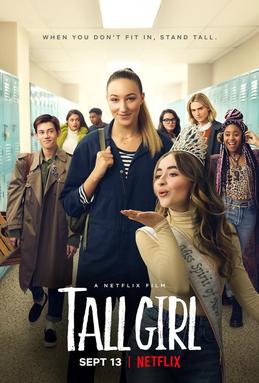
2. Jodi’s Nike Lament (Tall Girl)
“You think your life is hard? I’m a high school junior wearing size 13 Nikes. Men’s size 13 Nikes. Beat that.” Ah, the struggles of being tall. While height can certainly come with its own set of challenges, this line from *Tall Girl* became an instant meme for its perceived lack of perspective and, well, pure cringe factor. It’s meant to convey the main character Jodi’s unique difficulties, but it landed with a resounding thud for many viewers, sparking online discussions rather than empathy.
The sheer earnestness with which Jodi delivers this line, as if it’s the ultimate mic drop in the “whose life is harder” Olympics, is what makes it so memorable, and not in a good way. It’s an attempt to establish empathy for the protagonist, but it inadvertently pushes the audience’s realistic perception a little too far. The context wisely advises not to “cut that thread with writing that pushes your audience’s realistic perception further than it can go.” This line certainly tugged hard on that thread.
This kind of dialogue is a perfect example of what can happen when a screenplay doesn’t quite “understand the social dynamics and culture between the age of the characters you are writing about,” as the context suggests. While Jodi’s feelings about her height are valid to *her*, the way it’s expressed makes it incredibly difficult for the audience to fully connect or sympathize. It feels out of touch, creating that uncomfortable secondhand embarrassment that is the hallmark of true cringe, rather than genuine relatability.
Furthermore, the line highlights a common screenwriting pitfall: being “too obvious about what you’re trying to tell the audience.” Instead of allowing viewers to organically understand her challenges through actions or more subtle dialogue, this line serves up her perceived plight with a dramatic flourish that just doesn’t quite land. It’s a classic case of aiming for relatable angst and accidentally hitting peak awkwardness.
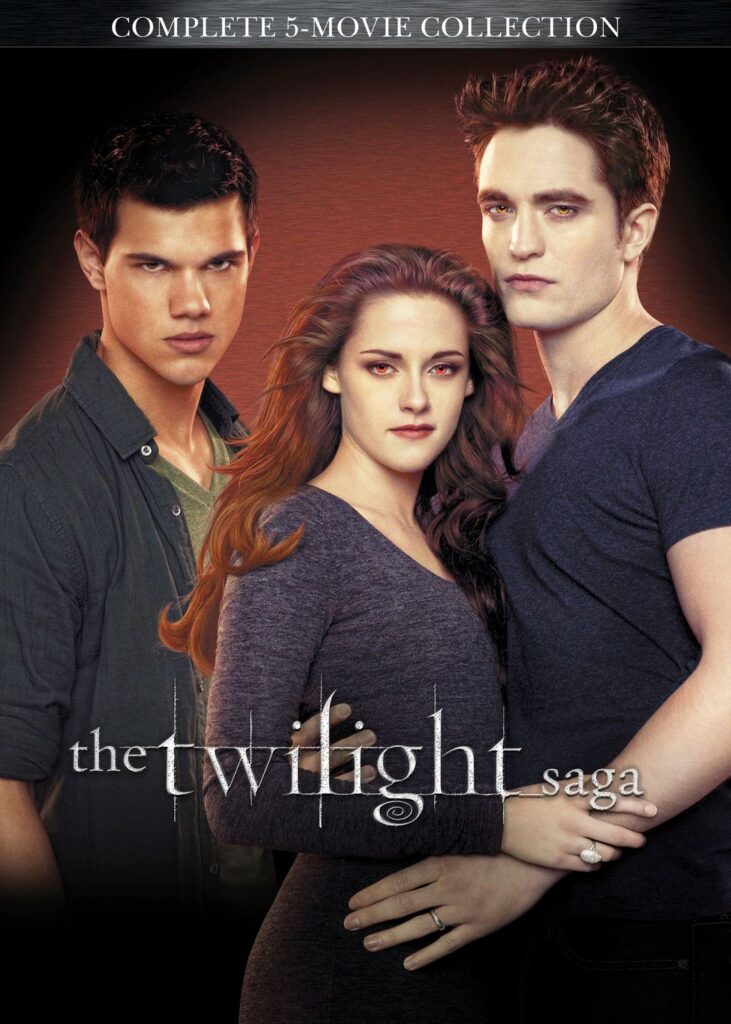
3. Edward Cullen’s “Spidermonkey” (Twilight)
“You better hold on tight, spidermonkey.” For many, the *Twilight* saga is a goldmine of melodramatic romance and, let’s be honest, some truly baffling dialogue choices. Among the most iconic – and cringeworthy – is Edward Cullen’s tender instruction to Bella, referring to her as a “spidermonkey.” This line, often delivered with a straight face, is a masterclass in unintentional comedy and has lived rent-free in fans’ heads ever since.
The context explicitly mentions this gem as “The spider monkey line in twilight,” and for good reason. It’s the kind of pet name that completely defies expectation for a brooding, centuries-old vampire attempting to be romantic. The juxtaposition of Edward’s intense persona with such an odd, almost childish endearment creates an immediate sense of discomfort and jarring disbelief. It’s like watching a serious drama suddenly cut to a cartoon.
What makes this particularly cringey is how out of place it feels within the supposed intensity of their relationship. You expect poetic declarations, whispers of eternal love, maybe even a dramatic snarl. What you *don’t* expect is an animal comparison that conjures images of jungle gyms rather than passionate embraces. As Anna Smith explains, a cringy line “might make me lose trust and interest in the film,” and this one certainly tested that for many.
This moment often serves as a classic example of dialogue that, while possibly intended as quirky or endearing, instead feels “unlikely and clichéd” to the point of absurdity. It pulls the viewer right out of the supposed romantic tension, leaving them to wonder about the thought process behind such a peculiar choice of words for a vampire’s term of endearment.
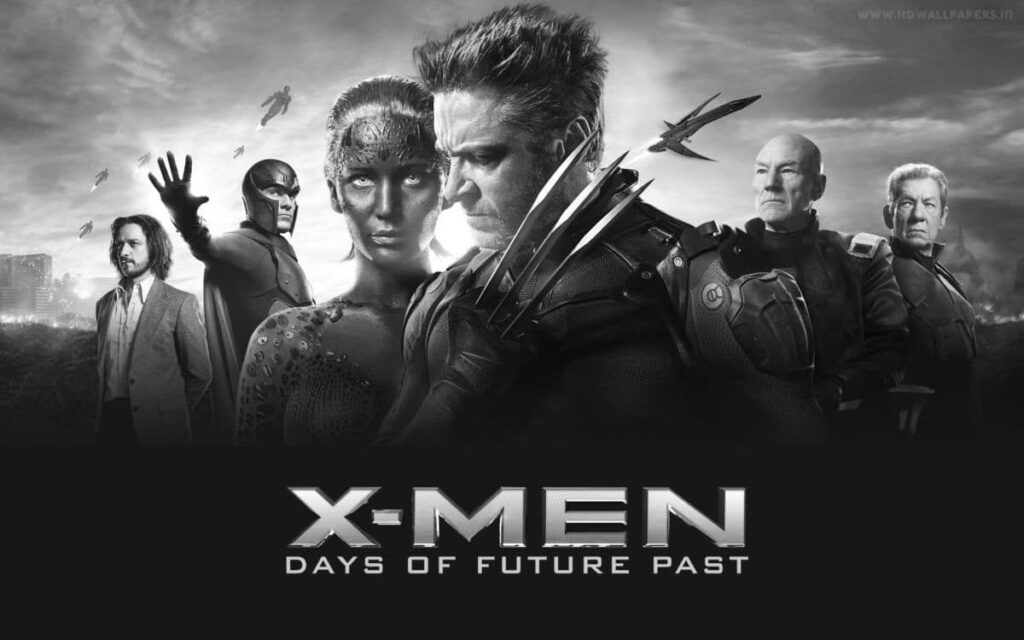
4. Storm’s “Toad Struck By Lightning” (X-Men)
“Do you know what happens to a toad when it’s struck by lightning? The same thing that happens to everything else.” From the very first *X-Men* movie, this line delivered by Storm attempts to be a moment of cool, powerful gravitas. Instead, it frequently lands with a thud, leaving audiences wondering if they missed the profound philosophical depth or if it was just… stating the obvious with a dramatic pause.
The context highlights this line multiple times, signifying its iconic cringiness. It’s an attempt at a tough, no-nonsense retort, but it fails because the premise itself is so utterly basic. The implied question is meant to set up a revelation, a deeper truth, but the answer is so self-evident that it undermines the entire dramatic build-up. You expect a mutant with weather-controlling powers to drop something a little more electrifying than this.
Film critic Anna Smith points out that cringy lines often feel “unlikely and clichéd that it jars the viewer,” and this line absolutely embodies that. It feels like a line designed to sound profound in a trailer but utterly lacks impact in the actual scene. Instead of showcasing Storm’s wisdom or power, it makes her sound a bit… redundant. The audience is left with that uncomfortable feeling of “Did they really just say that?”
This line is a prime example of dialogue that tries “to be too obvious about what you’re trying to tell the audience.” It’s an attempt to create a powerful saying, but it ends up being a bland statement of fact, stripped of any real meaning or punch. As the context implies, it’s a moment that makes the film momentarily less believable, proving that sometimes, less *is* more, especially when it comes to stating the painfully evident.

5. Christian Grey’s “Playroom” (Fifty Shades of Grey)
Christian: “It’s just behind this door.” Anastasia: “What is?” Christian: “My playroom.” Anastasia: “Like your Xbox and stuff?” Oh, Anastasia. Her innocent query about Christian Grey’s “playroom” is the cherry on top of this hilariously awkward exchange from *Fifty Shades of Grey*. This moment perfectly encapsulates the tonal disconnect that often makes romantic dialogue veer into deep cringe territory.
The context presents this exchange in its full, glorious awkwardness, and it’s a masterclass in how not to build seductive tension. Christian’s attempt at being mysterious and alluring crashes headfirst into Anastasia’s completely relatable, yet utterly deflating, interpretation. The audience, knowing Christian’s “playroom” is certainly *not* for video games, feels that delicious pang of vicarious embarrassment for both characters.
This scene thrives on the gap between what one character *thinks* they’re conveying and what the other character (and the audience!) *perceives*. Christian is going for dark and enigmatic, while Anastasia’s response grounds it in such mundane reality that it completely saps any intended allure. It’s an instance where the “dialogue is too on-the-nose” yet still manages to confuse the intended tone for maximum cringe.
This exchange beautifully illustrates how efforts to create a sense of intrigue can backfire when faced with an unexpected dose of reality. Instead of being drawn into Christian’s world, Anastasia’s question inadvertently highlights the artificiality of the dialogue, pulling viewers out of the supposed romance and into a moment of uncomfortable, almost comedic, disbelief.
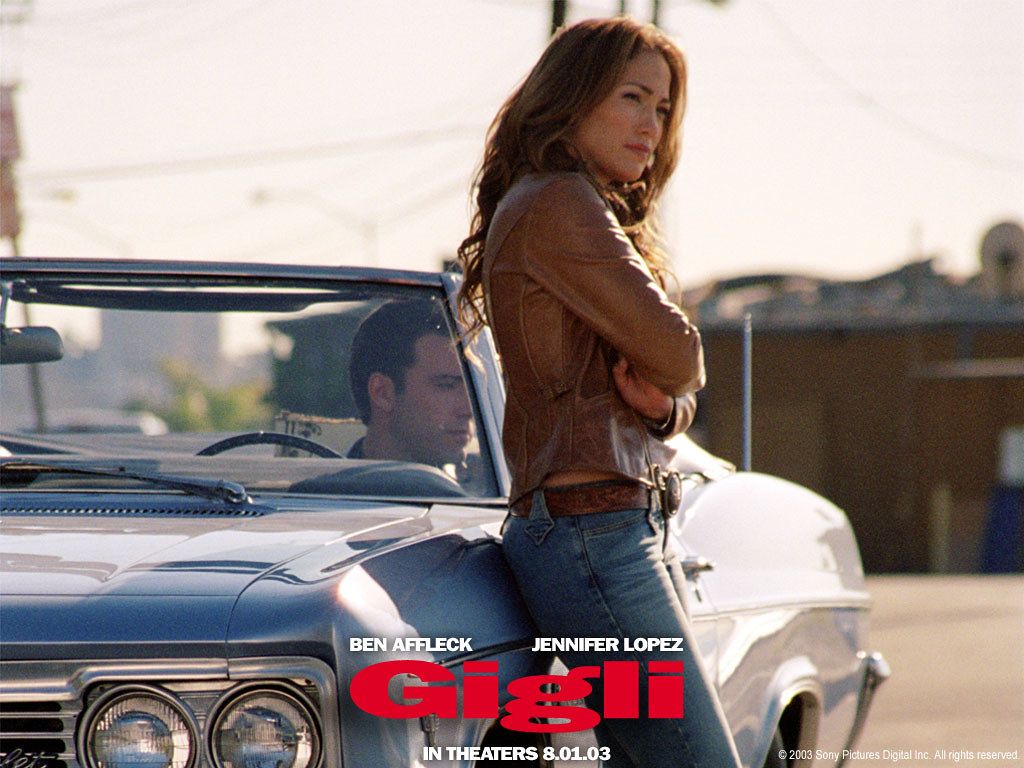
6. Ricki’s “Turkey Time” (Gigli)
Ricki: “It’s turkey time.” Larry Gigli: “Huh?” Ricki: “Gobble, gobble.” This infamous exchange from *Gigli* has practically become a shorthand for “bad movie dialogue.” Jennifer Lopez’s character Ricki attempts to talk dirty to Ben Affleck’s Gigli, resulting in a moment so bizarrely out of place and poorly conceived that it has etched itself into the annals of cinematic cringe.
The context lists this line, and honestly, no elaboration is truly needed to understand its impact. It’s an attempt at sensual banter that instead veers sharply into cartoonish absurdity. The phrase “turkey time” followed by “gobble, gobble” is so far removed from anything remotely romantic or seductive that it instantly breaks any suspension of disbelief. It’s the verbal equivalent of a record scratch in a serious moment.
This is a prime example of dialogue that just doesn’t work, leaving both the characters and the audience confused. Larry Gigli’s bewildered “Huh?” perfectly mirrors the audience’s reaction, amplifying the awkwardness. It highlights how quickly an attempt at edgy or playful dialogue can fall flat, turning what should be an intimate moment into something that makes you want to crawl under your seat. It’s pure, unadulterated secondhand embarrassment.
This line serves as a cautionary tale for screenwriters aiming for unique or memorable romantic dialogue. As the context suggests, writers likely “didn’t intend to make viewers cringe,” but sometimes attempts to “joke a little bit or create a powerful saying” can go spectacularly wrong, producing a line that becomes memorable for all the wrong reasons.
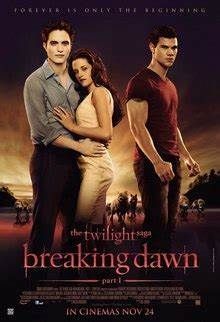
7. Jacob’s “Nessie” Nickname (Twilight: Breaking Dawn Part 2)
Jacob: “From the beginning, it was Nessie who wanted me there.” Bella: “Nessie? You nicknamed my daughter after the Loch Ness monster?” Just when you thought the *Twilight* saga couldn’t possibly deliver more iconic dialogue, along comes this gem from *Breaking Dawn Part 2*. Jacob, the werewolf, reveals the affectionate nickname he’s bestowed upon Bella and Edward’s hybrid daughter, Renesmee, and Bella’s reaction is precisely everyone else’s.
The context notes this “incredibly quotable but also incredibly cringe exchange,” and it’s easy to see why. The absurdity of nicknaming a child after a mythical creature, especially one as famously elusive as the Loch Ness Monster, is compounded by the sheer earnestness with which Jacob delivers it. It’s meant to be a sweet, protective gesture, but it lands with a huge splash of “Wait, what?”
This moment plays heavily on the audience’s “realistic perception.” Even in a world of sparkling vampires and shape-shifting werewolves, a nickname like “Nessie” for a human-vampire baby just feels… wrong. Bella’s incredulous question perfectly echoes the audience’s internal monologue, confirming that yes, this is as ridiculous as it sounds. As the context reminds us, “Disbelief is suspended by a thread — don’t cut that thread.”
The line creates a significant “tonal disconnect,” pulling viewers out of the dramatic stakes of the story and into a moment of bemused disbelief. It’s one of those lines that becomes legendary not for its brilliance, but for its sheer, unadulterated cringe factor, demonstrating how even in fantasy, there are limits to what an audience will accept without a hearty squirm. This scene is often cited as a prime example of an accidental comedic beat in a serious narrative.
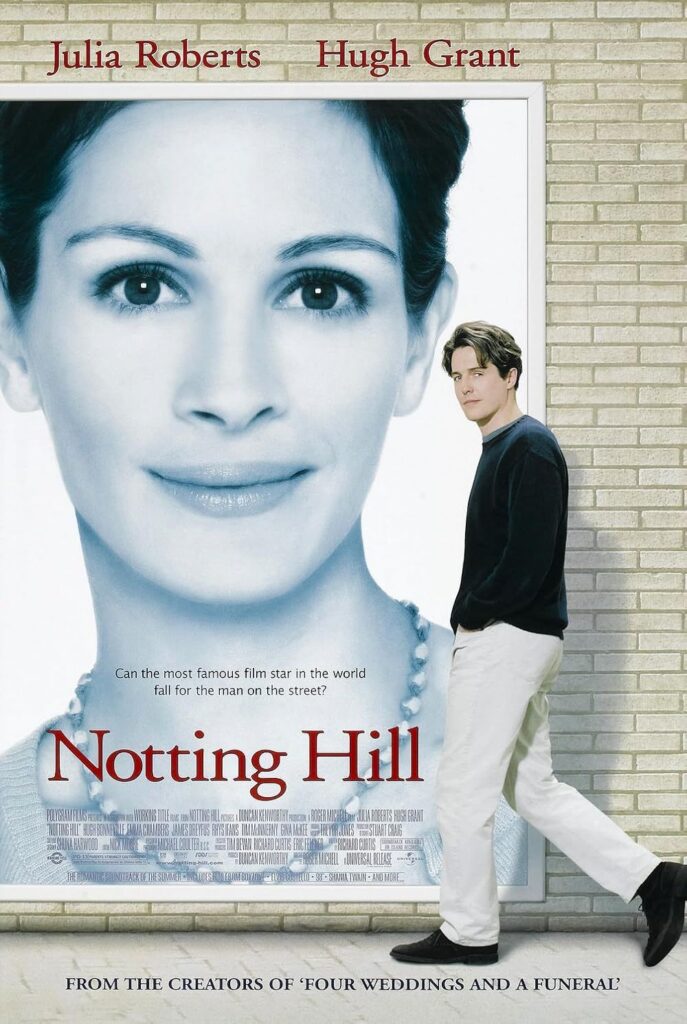
8. Anna’s “Just a Girl” (Notting Hill)
“I’m just a girl, standing in front of a boy, asking him to love her.” This line from *Notting Hill* is meant to be a moment of raw vulnerability and emotional honesty, a heartfelt plea from a global superstar to the unassuming bookstore owner she loves. On paper, it probably sounded incredibly romantic and deeply moving. In execution, however, it has become one of cinema’s most debated and, for many, most cringeworthy declarations of love. It’s an attempt at profound simplicity that often lands as overly earnest and a bit too on-the-nose, making audiences squirm rather than swoon.
The sheer directness of the line, stripping away all the glamorous artifice of her celebrity, is what the script aimed for. Yet, instead of feeling genuinely vulnerable, it often feels almost performative, like a line designed specifically to be quoted, which ironically, adds to its uncomfortable sincerity. It’s meant to convey deep feeling, but the context points out that cringy lines can be “too obvious about what you’re trying to tell the audience,” and this one lays it all out so plainly that it can feel a little… much.
One of the reasons this line sticks in the cringe-o-meter is how it walks a fine line between endearing and outright awkward. It’s supposed to be relatable, showing that even a famous actress has human desires, but its delivery can make it feel “unlikely and clichéd that it jars the viewer,” as film critic Anna Smith observes. You want to root for the romance, but then this line comes along and suddenly you’re more focused on the performance of the line itself than the characters’ genuine connection.
It’s a classic example of dialogue that tries so hard to be iconic that it transcends its original intention, morphing into something that evokes secondhand embarrassment. While some find it beautifully romantic, a significant portion of the audience feels that uncomfortable shift, where the emotional beat misses its mark and instead creates a moment of unintentional awkwardness, forever cementing its place in the pantheon of questionable romantic dialogue.
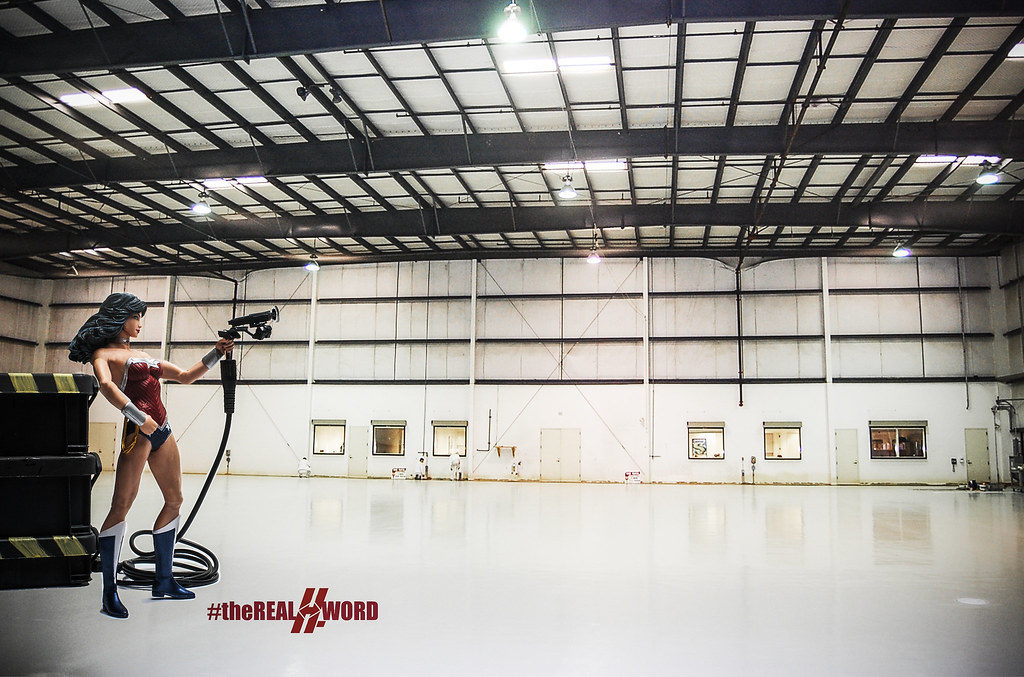
9. Cameron Poe’s “Bunny” (Con Air)
“Put… the bunny… back… in the box.” Imagine the scene: a gritty action hero, surrounded by dangerous convicts, trying to defuse a tense situation. You’d expect a cool, collected threat, maybe a terse command. Instead, *Con Air* delivers this absolute gem from Nicolas Cage’s Cameron Poe, referring to a child’s stuffed bunny. This line, delivered with intense seriousness, is so utterly out of place for a hardened ex-con that it instantly became legendary for its bizarre, almost comedic, effect. It’s a moment that takes you right out of the high-octane action and into a realm of pure, unadulterated head-scratching.
The contrast between the grave situation and the childlike object is what elevates this line to peak cringe. Poe is meant to be a man of action, a hero doing whatever it takes, but his focus on a fluffy toy, complete with a dramatic pause, feels like a sudden dip into absurdity. The context emphasizes that cringy lines can make you “lose trust and interest in the film,” and this line certainly tests the audience’s willingness to take the stakes seriously when a stuffed animal becomes the focal point of a major dramatic beat.
It’s an instance where the dialogue attempts to add a layer of human vulnerability or quirky heroism but instead creates a “tonal disconnect.” The film is a loud, explosive action thriller, and this line feels like it belongs in a completely different genre. It’s an example of where a writer might have tried “to joke a little bit or create a powerful saying,” but the result is so unexpected and ill-fitting that it achieves the opposite, producing a moment of unintended comedy that often elicits uncomfortable giggles.
The line is just so specific, so unexpected, and delivered with such gravity that it’s hard not to recoil slightly. It pushes the audience’s realistic perception to its limits, even within the exaggerated reality of an action movie. This kind of dialogue reminds us that sometimes, writers can go “too obvious about what you’re trying to tell the audience,” or perhaps, too *un*obvious in a way that just misses the mark completely, leaving behind a memorable, if squirm-inducing, movie moment.
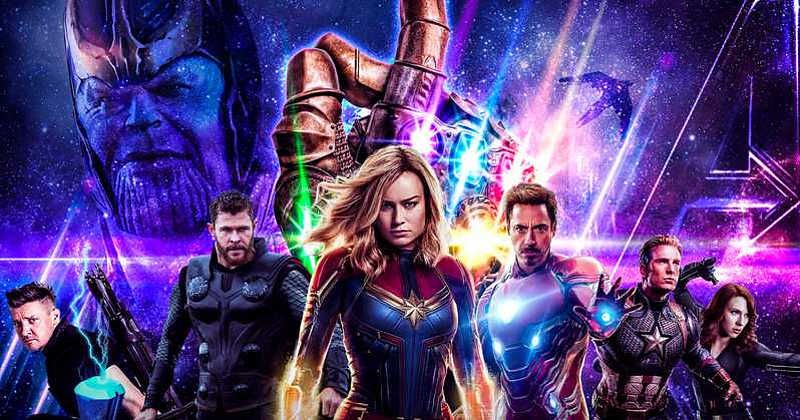
10. Iron Man’s “Attack” Plan (The Avengers)
Captain America: “Stark, we need a plan of attack!”
Iron Man: “I have a plan: attack.”
Even Earth’s mightiest heroes aren’t immune to a little dialogue disaster, and this exchange from *The Avengers* has often been cited as a moment that makes audiences collectively roll their eyes. Captain America, ever the strategist, asks for a battle plan, and Iron Man, ever the flippant genius, delivers this pithy response. It’s meant to be a humorous, confident quip that highlights Tony Stark’s impulsive nature, but for many, it falls flat, coming across as simplistic and a tad too cheesy for the stakes involved.
The line aims for a clever, decisive moment, showcasing Iron Man’s bravado and tactical shortcuts. However, in the heat of a looming alien invasion, it feels less like a stroke of genius and more like a shrug. The expectation is for a detailed strategy, or at least a more compelling dismissal of the need for one, but the directness of “I have a plan: attack” can feel like a comedic beat that lands a little too awkwardly in a serious action sequence. It’s the kind of line that tries “to joke a little bit,” but misses the mark for many.
This exchange exemplifies how even in a high-budget blockbuster, dialogue can inadvertently “jar the viewer” and pull them out of the story. While the Marvel Cinematic Universe thrives on witty banter, this particular line sometimes feels like it’s trying “to be too obvious about what you’re trying to tell the audience”—that Iron Man is all about action. However, its straightforwardness can undermine the dramatic tension, making you wonder if the writers ran out of creative ways to express a hero’s impulsiveness.
Ultimately, it’s a line that, for some, crosses the threshold from quick-witted to simplistic, creating that familiar pang of cringe. It’s a moment that highlights the fine line between charmingly laconic and just plain lazy writing. Even for fans of the franchise, this exchange often makes you wish for a slightly more sophisticated comeback from one of the smartest characters in the superhero universe, leaving a small, but memorable, mark of awkwardness on an otherwise epic film.
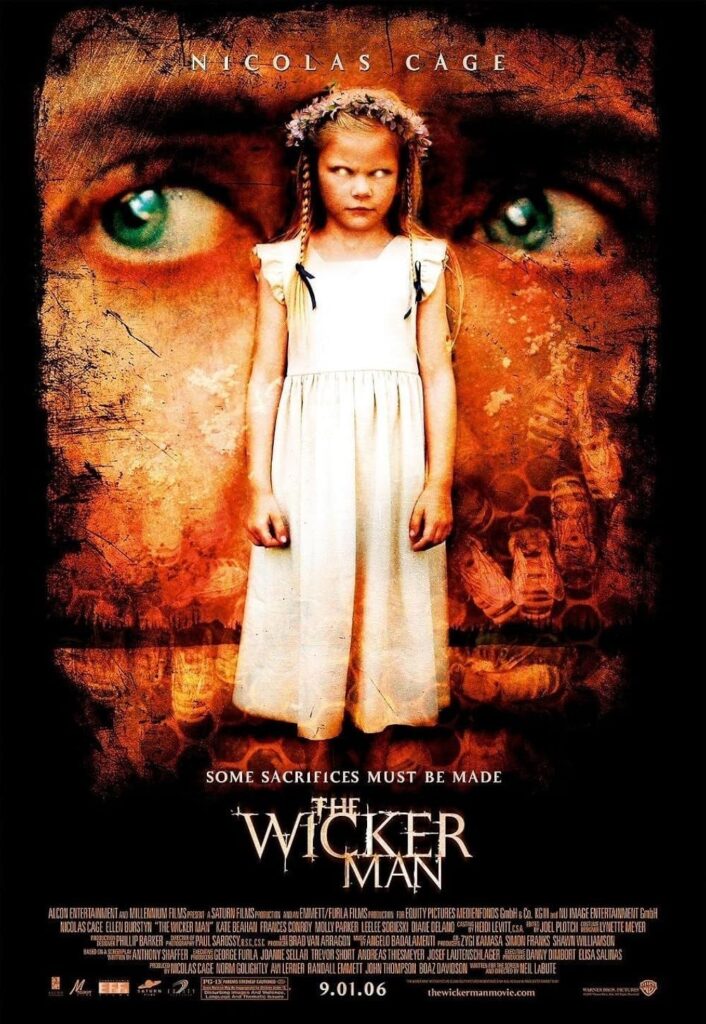
11. The Wicker Man’s “Not the Bees!”
“No! Not the bees! Nooooo! Not the bees! My eyes! Arghhhhhhh! Arghhhhhh! Arghhhhhh!” Oh, Nicolas Cage. Bless his heart. His performance in the 2006 remake of *The Wicker Man* is a treasure trove of “what were they thinking?” moments, and the “Not the bees!” scene is arguably the crowning glory of its unintentional comedy and deep, deep cringe. As Edward Malus, Cage’s character is subjected to a horrific punishment involving a helmet of bees, leading to an utterly unforgettable, over-the-top outburst that has become a viral sensation for all the wrong reasons.
This line, or rather, series of frantic screams, epitomizes the very essence of vicarious embarrassment. The sheer intensity and theatricality of Cage’s reaction, while understandable given the circumstances, pushes past genuine horror and into a realm of almost cartoonish absurdity. The context reminds us that cringe can be a physiological and emotional response to “someone else’s behavior or words,” and watching this scene, you can practically feel your own shoulders hunching in discomfort. It’s a raw, unedited glimpse into a moment that was clearly meant to be terrifying but instead became hilariously, tragically awkward.
The remake of *The Wicker Man* itself is often cited for its questionable decisions, and this scene is a prime example of where attempts at creating extreme distress go spectacularly awry. It “jars the viewer” not because of its horror, but because of how utterly unbelievable and over-the-top the performance feels. Instead of eliciting fear or pity, it invites a bewildered kind of laughter, showcasing a “tonal disconnect” so profound it becomes legendary. It’s the kind of scene that makes you wonder if anyone on set truly grasped how it would land with an audience.
This moment serves as a masterclass in how not to convey extreme pain, becoming iconic not for its effectiveness, but for its sheer, unadulterated cringe factor. It’s a line, or a scream, that will forever be associated with cinematic misfires, proving that sometimes, even the most intense moments can backfire spectacularly, leaving audiences with an indelible memory of secondhand squirming and a fervent wish to un-see what they just witnessed. It’s pure, chaotic gold for anyone who appreciates the finer points of movie cringe.
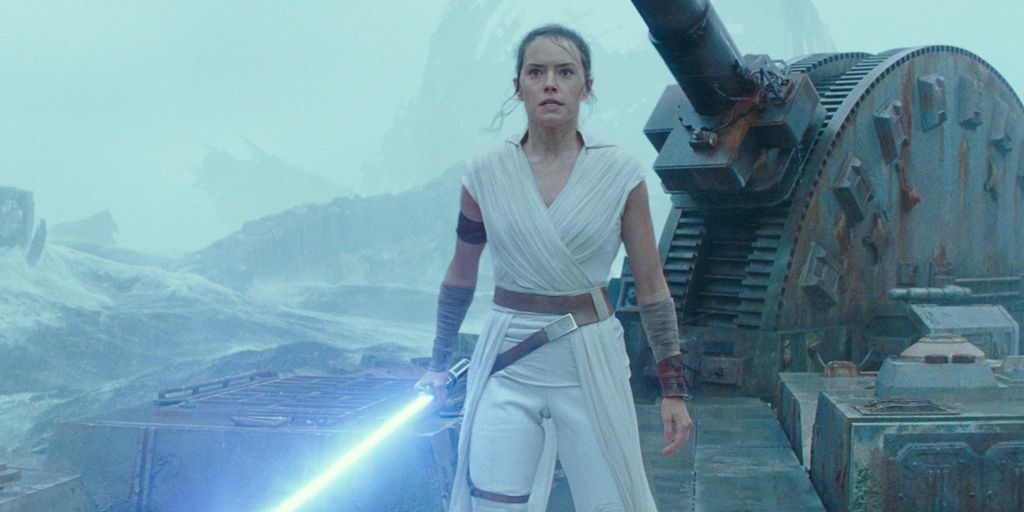
12. Poe’s “Palpatine Returned” (Star Wars: The Rise of Skywalker)
“Somehow…Palpatine returned.” Ah, *Star Wars: The Rise of Skywalker*. A film that tried to tie up decades of saga, and in doing so, delivered this widely mocked line from Poe Dameron. The sudden, unexplained resurrection of Emperor Palpatine is dropped into the narrative with such casualness that Poe’s single word, “Somehow…”, perfectly encapsulates the audience’s collective confusion and disbelief. It’s meant to convey surprise, but it inadvertently becomes a shorthand for narrative convenience and a moment of undeniable cringe.
The immediate problem with this line is its blatant exposition and lack of explanation for a monumental plot point. Instead of building tension or mystery around Palpatine’s return, the film offers a literal “somehow,” leaving viewers feeling unsatisfied and more than a little annoyed. As the context points out, “Disbelief is suspended by a thread — don’t cut that thread with writing that pushes your audience’s realistic perception further than it can go.” This line doesn’t just cut the thread; it severs it with a dull pair of scissors.
This kind of dialogue is a classic example of “lazy writing to justify doing something stupid,” as one community member describes similar instances. It feels like a quick fix, an attempt “to be too obvious about what you’re trying to tell the audience” without actually doing the work of *showing* or *explaining*. Instead of being immersed in the epic conclusion of a galactic saga, audiences are jolted out by a line that feels more like an internal production note than actual dialogue.
The line is just so incredibly dismissive of previous storytelling, and of the audience’s intelligence, that it truly earns its place on any cringe list. It’s a prime example of how even in the biggest, most beloved franchises, dialogue can make audiences “lose trust and interest in the film” by simply not making sense within the established universe. It’s a moment that makes you want to shout “ENGLISH, NERD” (as another context example suggests for overly technical explanations) but for narrative logic instead.
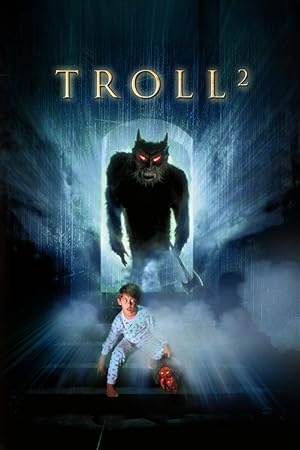
13. Troll 2’s “Eating Her”
“They’re eating her… and then they’re going to eat me…” When it comes to cult classics of the “so bad it’s good” variety, *Troll 2* reigns supreme, and this iconic line delivered by the child actor Michael Paul Stephenson is a cornerstone of its legendary cringeworthiness. Meant to be a moment of pure terror and desperation, the stilted delivery, combined with the bizarre context of goblins (not trolls!) trying to eat people, creates a moment that is less frightening and more gut-bustingly awkward.
The sheer earnestness of the child’s delivery, paired with the unbelievably wooden acting, is what catapults this line into the stratosphere of cringe. It’s an attempt at a dramatic, urgent warning, but it’s so poorly executed that it becomes a masterclass in unintentional comedy. The context mentions that sometimes lines are “unlikely and clichéd that it jars the viewer,” and this line, while perhaps not clichéd, is certainly “unlikely” to be delivered with such bizarre lack of conviction in a truly terrifying situation.
This line perfectly encapsulates what happens when a film inadvertently steps out of social norms and realistic perception. The fear it tries to invoke is completely undermined by the delivery and the overall absurd premise. It creates a powerful “tonal disconnect,” where the intended horror becomes a source of bewildering amusement. You can almost feel the “secondhand or vicarious embarrassment” for the young actor, knowing he’s trying his best but the material is just… well, *Troll 2*.
Ultimately, this dialogue is unforgettable not because it’s good, but because it’s spectacularly bad. It’s a line that continues to be quoted and memed, a testament to how accidental cringe can be far more enduring than intended brilliance. It pulls the audience out of any possible immersion, making them “lose trust and interest in the film” as a serious piece of work, and instead inviting them to revel in its glorious, squirm-inducing absurdity.
So, there you have it, a fresh batch of movie lines that continue to give us the shivers for all the wrong reasons. From earnest declarations that fall flat to attempts at cool that land with a resounding thud, these cinematic moments prove that even the biggest blockbusters aren’t immune to a little dialogue disaster. As film critic Anna Smith wisely notes, these lines “might make me lose trust and interest in the film,” pulling us out of the story faster than you can say “gobble, gobble.” But hey, as the internet gurus and even Taylor Swift suggest, perhaps the best way to deal with cringe is to simply “learn to live alongside cringe.” So, let’s embrace these wonderfully awful moments, share them with our friends, and maybe even let them inspire us to write dialogue that’s, well, just a little less squirm-inducing. Because sometimes, the most unforgettable movie lines are the ones that make us collectively gasp, then laugh, and then wish we could hit rewind and try again!

